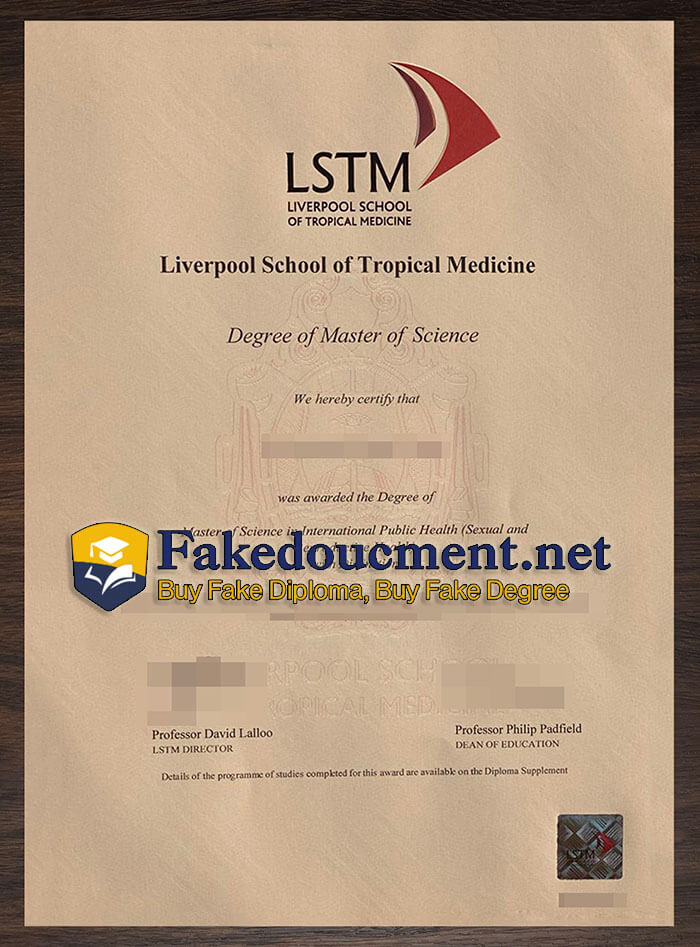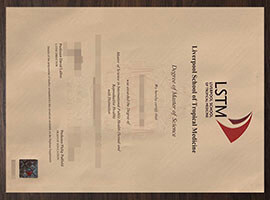
Where to order fake Liverpool School of Tropical Medicine degree certificate online? Who can make a realistic Liverpool School of Tropical Medicine diploma certificate online? Why people would like to buy a high-quality Liverpool School of Tropical Medicine degree certificate online?
The Liverpool School of Tropical Medicine (LSTM) is a leading institution in the field of tropical medicine and global health research. Founded in 1898, LSTM has a long history of conducting groundbreaking research and providing education and training in tropical medicine and related disciplines.
LSTM is located in Liverpool, UK, and is affiliated with the University of Liverpool. The school’s research focuses on a wide range of topics, including infectious diseases, neglected tropical diseases, malaria, HIV/AIDS, and maternal and child health. LSTM also works closely with partners around the world to improve health outcomes in low- and middle-income countries.
In addition to its research activities, LSTM offers a range of postgraduate courses and training programs in tropical medicine, public health, and related fields. The school is committed to building research capacity in low-resource settings and to promoting health equity and social justice globally.
LSTM was founded on 12 November 1898 by Sir Alfred Lewis Jones, a prominent local ship owner. At the time, Liverpool was a prominent port city which carried on an extensive trade with overseas regions such as West and Southern Africa.
Consequently, the number of patients in the region admitted to hospital with ‘tropical’ diseases soared. Recognising the need for a solution to this problem Jones, together with a number of fellow business men and health pioneers, pledged an annual donation of £350 for three years to promote the study of tropical diseases in the city.
This offer of financial support was announced at the annual dinner of students of Liverpool’s Royal Southern Hospital and was warmly accepted by the hospital’s president who later went on to suggest that his hospital should act as the clinical focus of the studies in view of its proximity to the docks.
This initial endeavour later led to Jones’s participation in helping to set up the School of Tropical Medicine. Having received news that the RSH greatly appreciated the collection of the hospital’s ‘tropical’ cases into one centre rather than ‘leaving them scattered about in the general wards’ the suggestion was made that the arrangement might be made permanent.
In light of this, the professional members of the hospital’s committee were asked to meet and plan the new school; this they did and in due course the committee communicated its intention to the Colonial Office (which was, at the time, responsible for such matters).






